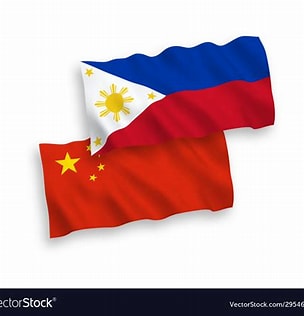There is a fear that many USAID programs are being ended. Some may and others may not, but the keyword is frozen until programs are evaluated. Trump’s “America first” attitude emphasizes toughness, seeks concrete benefits from foreign engagements, and centers on hardheaded dealmaking.
Below is the mission and the recent reasons for the freeze that many may not know.
United States Agency for International Development (USAID)
The United States Agency for International Development (USAID) is an independent agency of the U.S. government responsible for administering civilian foreign aid and development assistance. Established by President John F. Kennedy in 1961, USAID’s mission is to promote sustainable development, reduce global poverty, and support democratic governance.
Key Functions and Goals
- Humanitarian Assistance: USAID provides timely and effective humanitarian response, bringing disaster relief and lifesaving assistance amidst complex crises.
- Global Health: Investments in global health protect Americans at home and abroad, save lives, strengthen fragile states, and promote social and economic progress.
- Economic Development: USAID advances economic opportunities and helps achieve progress beyond programs, benefiting people around the world.
- Democracy and Governance: Supporting democratic governance helps promote sustainable development and peace around the world.
- Innovation and Partnership: USAID catalyzes innovation and partnerships to drive enterprise-driven international development.
Organizational Structure
USAID operates through a decentralized network of resident field missions in over 100 countries, primarily in Africa, Asia, Latin America, the Middle East, and Eastern Europe. The agency is divided into several bureaus, including the Bureau for Global Health, Bureau for Humanitarian Assistance, and Bureau for Conflict Prevention and Stabilization, among others.
Donald Trump’s Foreign Policy Positions
Recent Developments
In January 2025, President Donald Trump ordered a near-total freeze on all foreign aid. The primary reason for the freeze is to review and ensure that the tens of billions of dollars in U.S. foreign assistance are aligned with Trump’s “America First” foreign policy. The administration aims to ensure that the aid is not being wasted and is contributing to U.S. interests.
As part of this review, the administration placed about 60 senior USAID officials on administrative leave and issued stop-work orders to contractors. This move has been described as an effort to reshape the agency’s leadership and operations to better reflect Trump’s policy priorities.
Secretary of State Marco Rubio issued a waiver to allow life-saving humanitarian assistance to continue during the review period. However, many other programs have been temporarily halted, affecting various aid initiatives worldwide.
Reasons for the Freeze
- Policy Alignment: The Trump administration wanted to ensure that U.S. foreign assistance aligns with Trump’s “America First” foreign policy.
- Efficiency Review: The freeze was intended to review and verify that the tens of billions of dollars in U.S. foreign aid were not being wasted and were contributing to U.S. interests.
- Leadership Reshaping: The administration aimed to reshape USAID’s leadership and operations to better reflect Trump’s policy priorities.
- Budgetary Concerns: There were concerns about certain expenditures, such as a $50 million condom distribution program in Gaza, which the administration deemed a waste of taxpayer money.
- Administrative Leave: About 60 senior USAID officials were placed on administrative leave to facilitate the review process.
- Stop-Work Orders: Contractors working with USAID were issued stop-work orders, affecting various aid initiatives worldwide.
USAID’s efforts are crucial in advancing U.S. national security and economic prosperity and demonstrating American generosity. By promoting sustainable development and supporting democratic governance, USAID helps create a more peaceful and prosperous world. The recent freeze on foreign aid highlights the administration’s intent to reassess and align foreign assistance with U.S. interests.




